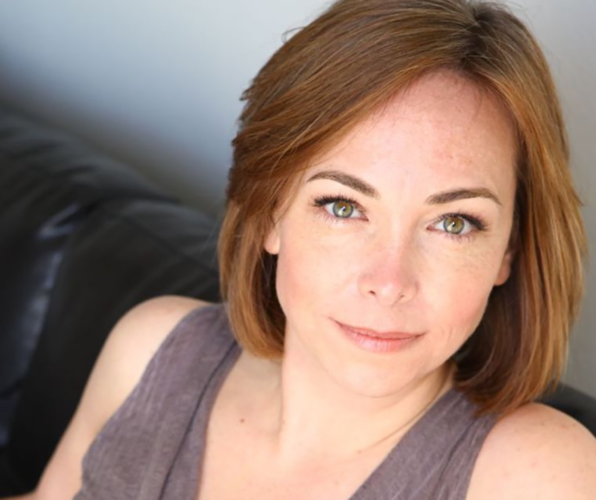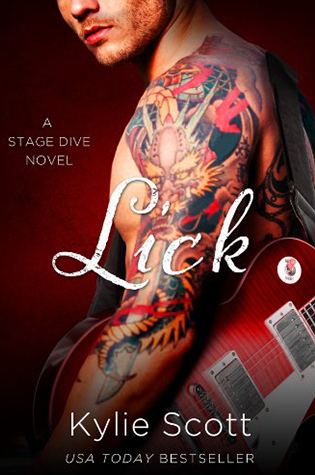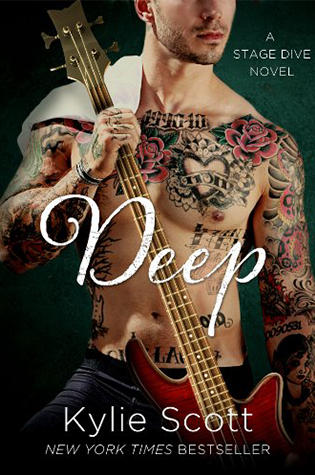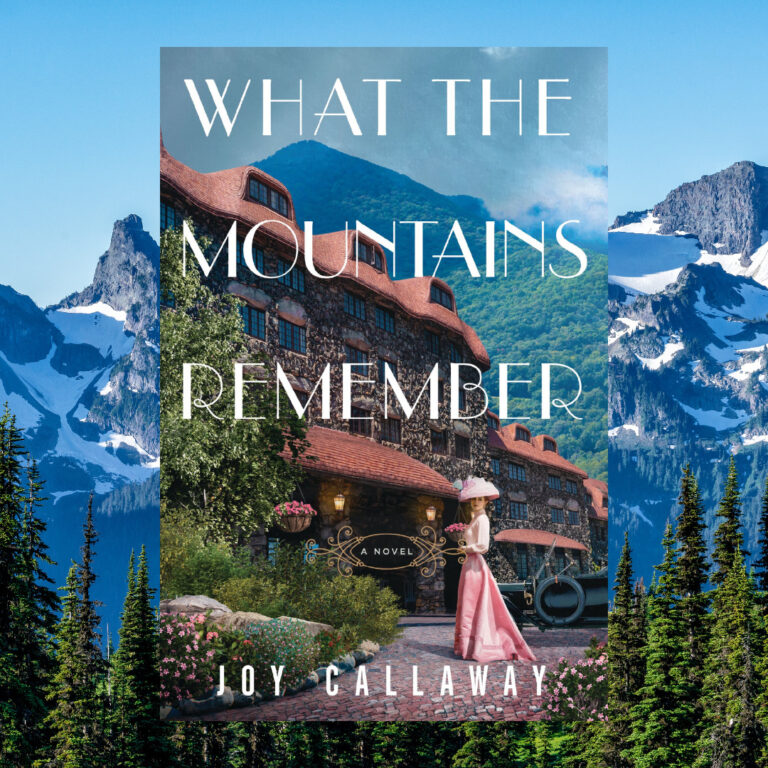
Hi, my name is Andi Arndt (most of the time, but that’s another article) and I’m an audiobook narrator, have been for nearly a decade now, with nearly 300 books completed (including nearly 200 in the romance genre). It’s my full-time job, and I love it. When I’m not in the booth working on a book, I’m running my audiobook production company, Lyric Audiobooks, or coaching other working narrators who want to keep learning and growing in their craft.
Often, working narrators are asked how we got into our line of work, and what it takes to succeed. Any narrator will tell you that it takes far, far more than simply a “good voice” and a love of reading. Like many of my colleagues, I came to this work with a firm grounding in theatre and as far as preparation for this career goes, there is no substitute for the hours spent in classes and rehearsals, confronting habits, fears, and assumptions, learning how to research a play’s context and break down a script, a scene, a moment, always expanding the menu of options for telling a story faithfully. I’d also spent a dozen years teaching acting and voice to college students, challenging them to prepare thoroughly and then get out of their own way and just play, just tell the story, wherever it led them.
When I first set up my home voiceover studio, I didn’t set out to become a narrator, but every time audiobook narration came up, I found myself paying close attention. It seemed such a pure transaction. Rather than trying to manipulate someone into buying some unnecessary product, narrators’ work is the product. Tell me a story? Sure. It’s as old as humanity itself, the telling of a story and the listening.
After many months, I finally got a foot in the audiobook world door, started to get busier and busier, and in 2011, made the decision to quit teaching and go full-time as a narrator. After a producer for Macmillan Audio assigned Lick, the first book in Kylie Scott’s Stage Dive series, things really took off. The book was a hit, and listeners were recommending the audiobook in online reader / listener groups. I felt as though I’d finally found the thing I was meant to do.
Another thing people want to know about is how do you do all those different voices? Narrators need to develop voices for a variety of characters. I’ve worked very hard on my “man voice” and it has actually changed my singing range from Soprano II to Alto II over the years.
And not just before my first cup of coffee. We also need to do a lot of listening to the voices around us, to hear all the different ways people sound and the hints we pick up as to background, class, energy, outlook, education, profession, national origin, regional dialect, structural idiosyncrasies, personality quirks, the whole nine yards.
Working on a series is especially tricky, because characters pop up in subsequent books, and the voices need to be consistent. There are all different ways to keep track. Some narrators make written notes about placement, others save reference mp3s. As for me, I’ve taken to doing a “brain dump” into a voice memo at the end of an installment, to remember where we left off, what the main voices / characters are like, and any other useful notes. That way, when I go to record the next book 6 months or even a year later, I can listen to my instructions to myself and get right back into the world of the characters. Kylie Scott threw me an extra challenge in Deep, the Stage Dive series finale: a fight scene involving all four couples from all four books at the same dinner table! That was one of the hardest scenes I’ve ever worked on, for sure.
The thing people most want to know when they find out I narrate romance and erotica is the thing they are often too shy to ask: how do you read all the…well…you know?? And this always reminds me of something a wise acting teacher once pointed out when students in his class were tying themselves in knots over a kiss in a scene they’d been assigned. “Yes there’s a kiss, but what do these characters want? ” he asked. He reminded us that in stories, characters take action because they want something. Closing a door, picking up the phone, making a fist, walking away from someone, breaking a glass, screaming, and yes even kissing: these are all actions. In the same way, a kiss isn’t just a kiss and a sigh isn’t just a sigh. Sex is never just sex in the context of storytelling. The series of intimate actions, interactions and reactions are specific to those characters at that point in the story. Intimate scenes can be magical, scary, transgressive, triumphant, vulnerable, or even silly. My job is to stay in that moment with those characters and see how the moment changes them and their relationship. Are they closer? Are they super-aroused by each other? Are they more confused than ever? Do they feel betrayed? It’s no good to switch to some overarching “sex scene mode” and hold the characters at arm’s length. It’s all part of their story. My job is to tell it.
But what if the intimate scenes contain…well…you know…?? Oh, I know, trust me. Next time, we’ll talk about the ins and outs and protocol of pseudonyms, definitely a hot topic among narrators, authors and listeners alike.
Until then, happy listening!














